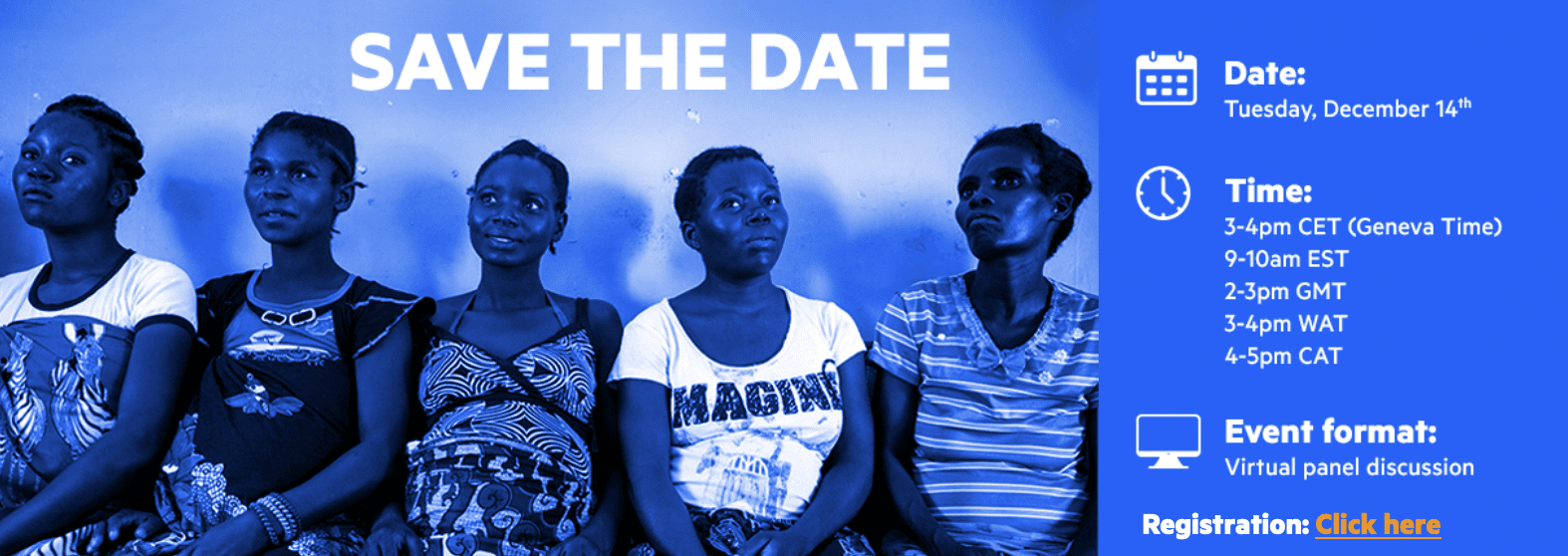Speed up Scale Up of Intermittent Preventative Treatment of Malaria in Pregnancy
Roll Back Malaria MiP Working Group
Over the last two decades, the global malaria community has made significant gains in reducing the global burden of malaria. However, in recent years, progress has stalled. Uptake of critical interventions that protect pregnant women and their unborn children, who are extremely vulnerable to malaria infection, has improved slowly and steadily but remains low. This hinders efforts towards reaching the 2030 Sustainable Development Goal target of ending malaria and ensuring that no one is left behind.
In 2019, a staggering 11.6 million pregnant women across sub-Saharan Africa were infected with malaria and 10,000 pregnant women lost their lives to the disease. Malaria in pregnancy is also a major cause of stillbirths and death among newborns. For the babies who survived, 822,000 were born with a low birthweight.
Intermittent Preventative Treatment of Malaria in Pregnancy (IPTp) is a life-saving antimalarial treatment recommended by the World Health Organization to protect pregnant women and their unborn children from the devasting effects of malaria in pregnancy. However, according to the latest estimates from 2019, two out every three pregnant women do not receive the full course of IPTp, leaving many pregnant women at risk of the harmful effects of malaria. To ensure that every eligible pregnant woman and her unborn child is protected against malaria by 2025 the RBM Partnership to End Malaria’s Malaria in Pregnancy Working Group launched a renewed appeal in 2020 to Speed Up Scale-Up of IPTp.
This Speed Up Scale Up IPTp event, which is in support of that campaign, calls on global and national leaders, donors, civil society groups, technical partners, and researchers to commit to protecting pregnant women from malaria by signing the campaign’s commitment letter. It also calls on all stakeholders to advance efforts to save pregnant women in sub-Saharan Africa from malaria in pregnancy.
No one must be left behind in the fight against malaria. Zero Malaria Starts with all of us.
The webinar will be broadcast in English and French.

